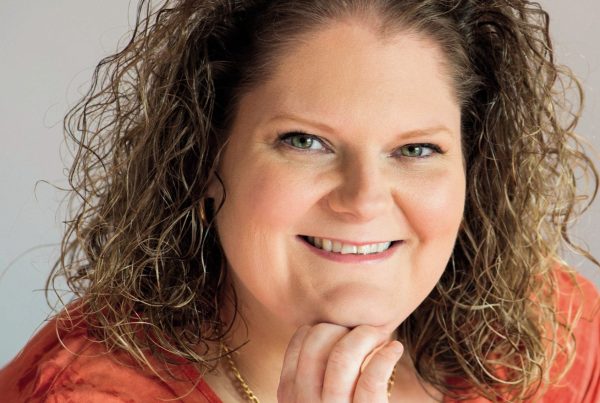You’ve done all of the research about your various fertility treatment options, and now you want real answers to one of the greatest hurdles of fertility – the cost.
While assisted reproductive technology is remarkable in that it enables you to have the family you’ve always dreamed of, it’s no secret that it is pricey. IVF is not cheap because of the high level of sophistication. The costs of procedures, testing, and medication can quickly add up. Just one cycle can cost a tidy sum depending on what specific IVF technologies you need.
Considering that you may need up to three IVF cycles to get pregnant, plus the fact that there is no guarantee, you need to do careful assessment. How can you afford costs like these, you are bound to ask? But before you walk away from IVF, assess you options as pointed out earlier.
In this environment, paying for fertility treatment out-of-pocket is commonplace, so having a clear picture of the costs will enable you to consider payment options. You may wonder how you are going to afford to pay, the good news is that there are options. If you don’t have a health insurance plan that covers fertility treatments, there are other options out there. There are some financial assistance programmes arranged by some fertility treatment centres that you can benefit from, however the foremost concern for you is to have the baby you’ve been longing and trying for.
Grants, loans, payment plans, and other financial assistance programmes can help you to better afford in-vitro fertilization (IVF), or other fertility treatments out-of-pocket.
While evaluating all of your financial support options, it’s important to take time to assess these options. If you are having health insurance, check with your provider to see what costs they will cover.
It’s also important to know the true cost of IVF and other procedures in order to understand how much you are fully expected to pay out of pocket. Know what you’ll have to pay upfront.
If you have comprehensive health insurance, you may be eligible for at least partial coverage of the cost for infertility treatments. Most insurance companies are not interested in making this information clear, so don’t assume insurance won’t cover you.
Even if IVF itself isn’t covered, certain aspects of your treatment might be. For example, your ultrasounds or some lab tests might be covered. Check your policy carefully and pay attention to any limits and coverage requirements.
Ideally, you need to consider more than success rates in choosing a fertility clinic. Normally, you’ll want a clinic that can give you the treatment you need at a cost you can afford. But shop around several clinics and find out what they can offer you.
When comparing costs, ask clinics to clearly identify what is included and what is not. If you’re looking at two clinics and one seems to have a higher fee, but that fee includes the cost of ultrasounds and blood work (while the other clinic’s fee does not include these services), that’s like comparing apples to oranges.
Another cost you’ll need to factor in is your travel expenses. You might like a clinic and they might give you a great price, but if the cost of traveling there and the lost income from taking time off work would negate the advantages, you might need to reconsider.
The location that you go to for your fertility treatment also matters. If you are required you to travel to another town, it might not be a bad idea particularly if the centre you are going to is located outside your own town. It is also a bonus if you enjoy traveling as it might be an opportunity for a vacation. But practice due diligence with your research.
Another option is tapping into a flexible spending account or health savings plan if you have one. These are employee benefit some companies’ offer that lets you set aside part of your pre-tax income for specially designated uses, such as medical expenses that are not covered by insurance.
Choosing a multi-cycle offer may make you get IVF cheaper. Such programmes usually involve paying upfront for multiple IVF cycles (2 – 3 cycles0 at a discounted rate. The clinic goes on to refund whatever part of the payment is not used, once you are successful.
Some clinics offer discounted or fully funded treatment cycles. It is not unusual to see treatment centres holding raffles or contests for free IVF cycles. Such cycles often come with strings attached, such as non-coverage of certain conditions and being willing to share your story publicly, amongst others.
Crowdfunding for fertility treatment is another option but only if you have a wide social network and good marketing skills.
It is essentially getting funding through asking your friends, family, and co-workers for support.
If you’re successful with it, crowdfunding might help you raise the money that you need for your treatment, however, it isn’t for everyone. You might also want to consider borrowing money to pay for IVF treatments, just be sure that you have a reliable pay-back plan.





